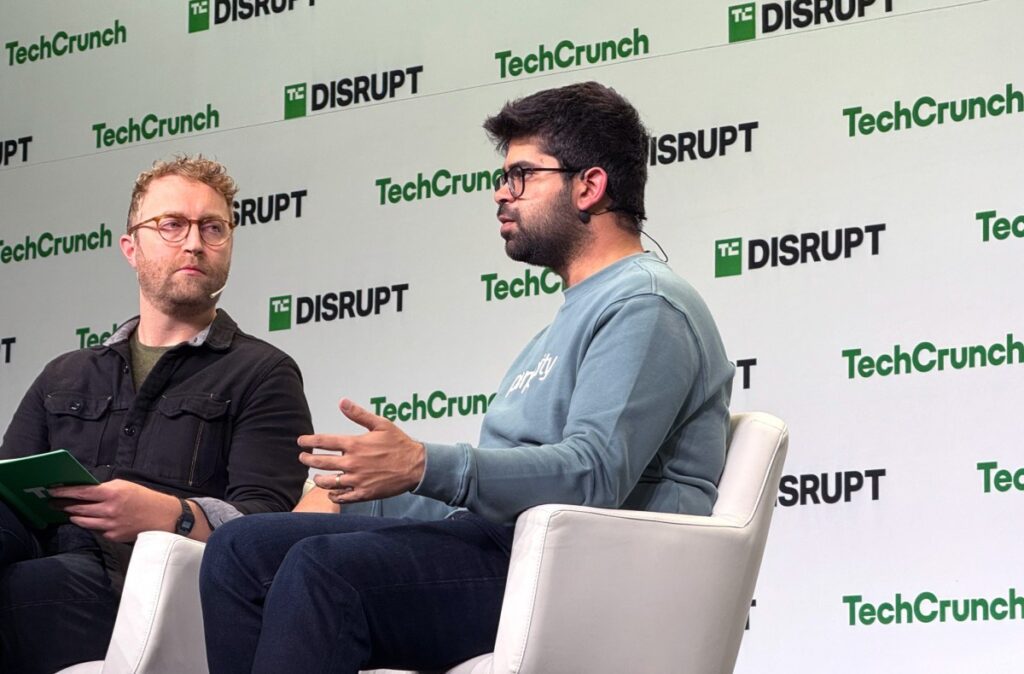The Controversy Around Perplexity: What Does It Mean for Content and AI?
In the rapidly evolving landscape of artificial intelligence, the conversation around copyright and plagiarism is heating up. At TechCrunch’s Disrupt 2024 conference, Perplexity’s CEO, Aravind Srinivas, faced tough questions during an on-stage interview with Devin Coldewey, particularly regarding how the company defines "plagiarism." This topic has sparked significant debate, especially in light of recent legal actions.
A Legal Battle Brewing
The controversy surrounding Perplexity is far from simple. Major entities like News Corp’s Dow Jones and the New York Post have taken legal action against the AI platform, accusing it of “content kleptocracy.” This term alludes to claims that Perplexity systematically replicates content from various news outlets without permission—raising red flags for creators and publishers alike.
As AI platforms become more sophisticated, they’re increasingly capable of generating and repurposing content. However, the line between inspiration and infringement can sometimes blur. It’s no wonder that many content creators are watching this situation closely, feeling vulnerable as they navigate the digital landscape.
What is Plagiarism in the Age of AI?
During the conference, Srinivas sidestepped a clear definition of plagiarism, which likely contributed to the growing concerns from various news outlets. For many in the industry, the fear is that AI tools like Perplexity may dilute originality and undermine the value of genuine creative work. This raises a crucial question: how do we balance technological advancement with the rights of content creators?
Real-Life Implications
Consider a journalistic outlet that spends countless hours fact-checking and crafting its articles. If an AI tool can effortlessly summarize or replicate their work, it can significantly impact the original outlet’s traffic and revenue. For instance, smaller news sites might struggle to compete if their content is readily available through platforms powered by AI, leading to a "race to the bottom" in terms of quality and originality.
Insights from the Industry
As an expert in the realm of AI, I believe it’s vital for platforms like Perplexity to develop clear standards and definitions—not just to navigate legal waters, but also to foster healthy relationships with content creators. Transparency in how AI systems operate can go a long way toward reassuring those in the creative industries that their work is being respected.
A New Era for Content Creators
Despite the challenges, there is an undeniable opportunity here. AI can complement creativity by aiding writers, journalists, and artists in brainstorming and refining their ideas. The potential for collaboration between AI and human creators could lead to exciting innovations in content production.
However, this can only happen if we prioritize ethical guidelines that ensure respect for original work alongside technological advancement.
Conclusion
The ongoing debate about plagiarism and AI-generated content is both intricate and essential. As platforms like Perplexity continue to grow, they must navigate these waters carefully to build trust within the industry. The future of content creation will depend on striking a balance between leveraging AI’s capabilities and protecting creative integrity.
The AI Buzz Hub team is excited to see where these breakthroughs take us. Want to stay in the loop on all things AI? Subscribe to our newsletter or share this article with your fellow enthusiasts!




